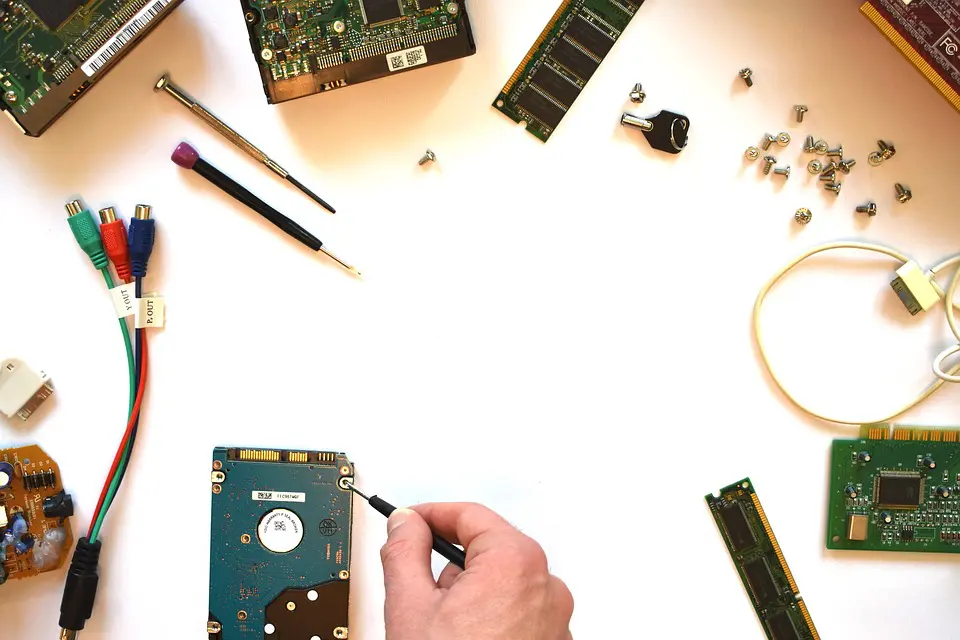High school seniors who want to enter the engineering profession have to choose between the different engineering categories, each of which has its own purposes and attributes. The various categories in the field of engineering involve different types of training that lead to distinct careers.

(Pixabay / marijana1)
Among the most popular categories in the field of engineering are engineering and engineering technology. The differences between the two fields are often misunderstood, leading to the erroneous practice of using the terms interchangeably. Even some people who give career advice to students and handle hiring for tech firms are not fully aware of the differences between the two terms.
The best way to explain the difference is to look into their respective undergraduate programs. An engineering program focuses on theory and design while engineering technology focuses on application and implementation. An engineering program has higher-level mathematics and theoretical science in the curriculum, while engineering technology puts greater emphasis on hands-on laboratory skills.
When it comes to career paths, an engineering graduate is more likely to attend graduate school while an engineering technologist will likely look for employment in the manufacturing sector. If ever an engineering technologist goes to graduate school, it will not be to further his knowledge of his field but most likely to study management.
Here’s a closer look at the two degrees:
Engineering technology degree
A graduate with a degree in engineering technology is often called a technologist, not an engineer. The course emphasizes the application of certain engineering techniques that are needed for employment in the fields of design, production, operations, and manufacturing.
An engineering technologist may find employment related to the research and implementation of current technologies. They may also become an electronic design consultant for companies or work with technology for electronic device or defense companies.
The responsibilities of a professional engineering technologist require both technical and practical knowledge. They often operate highly technical equipment or serve as a representative of a manufacturing corporation, selling high-tech products and supervising manufacturing and building projects.
Though engineering technologists and engineers have distinct duties, they often work together to plan and develop projects and perform quality inspections at the end.
Bachelor of Science in Engineering
A graduate with a B.S. in Engineering is simply referred to as an engineer. The coursework for this degree focuses on the application of science and mathematics to machines, structures, systems, and processes. Graduates will usually specialize in a certain type of engineering to include electrical, mechanical, computer, chemical, civil, aerospace, industrial, etc. The degree includes advanced applied sciences and mathematics. Starting pay rates vary depending on certain variables, including the demand in the workforce at the time.
Many people believe that there is no real distinction between engineering technology and engineering, but a closer look at the education and job opportunities tells a different story. Different people will be more suited to one degree or the other, depending on their aptitudes and interests.
